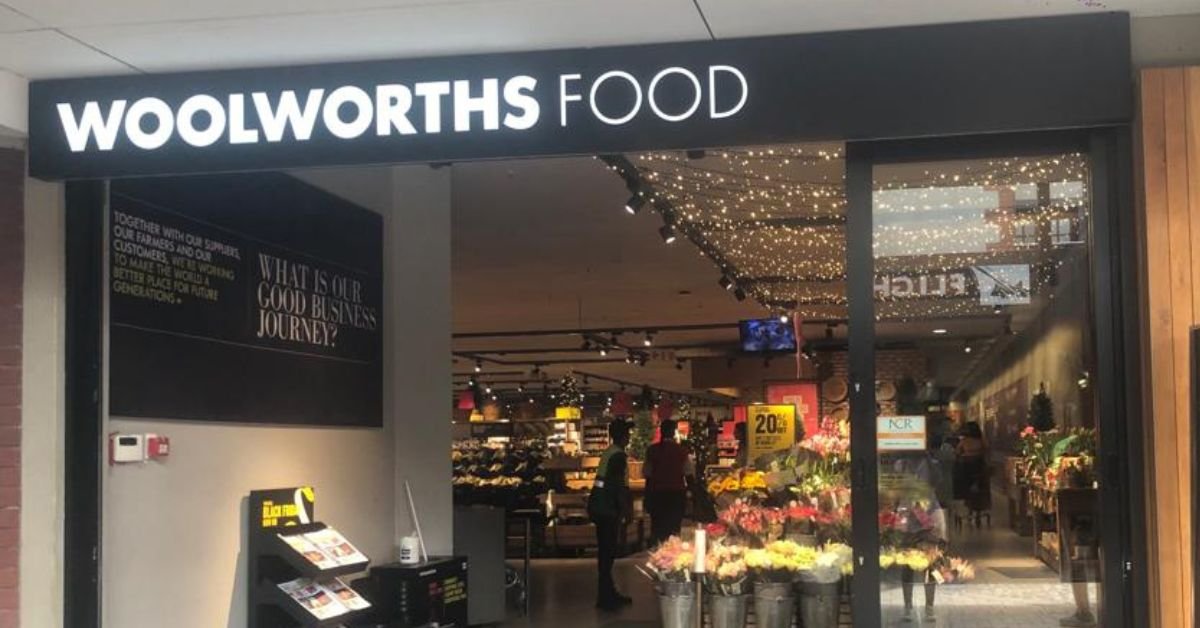Woolworths South Africa shared their latest upgrade to the café branch of the brand
The shop will no longer be using a paper-based payment system for their eatery, but many netizens were convinced it was for the grocery store
What is Woolworths’ new payment development?
Woolworths Café stores across South Africa will no longer accept cash from 16 January 2024. Users on X expressed concern when they misunderstood, convinced it was applicable to stores.
Why were South Africans upset by Woolworths’ cashless system?
People on Twitter argued that the upgrade was exclusionary. Many argued that the store is in a third world country where most of its population relies on cash.
While online users were sorely mistaken in their reactions, the complaints reveal how Woolies has cultivated a cult following. The question is: was Woolworths ever meant for the mostly poor masses?
Woolworths as a signifier of wealth
The Woolworths stores in South Africa are extremely popular. Their brand goes hand in hand with the so-called middle class of South Africa. Woolworths stores have a certain look and feel, as well as products packaged for a specific audience.
Nelson Mandela Metropolitan University (NMMU) Faculty of Business and Economic Sciences published academic Ralph Kuhn’s who described Woolies as “aimed at the high-income groupings but also appeals to the burgeoning middle class with their private-label products.”
Woolworths’ “cashless move” for stores would have been perfectly in line with its brand identity. The store is perceived as an indicator of someone’s financial status, and what says rich more than never needing cash?
